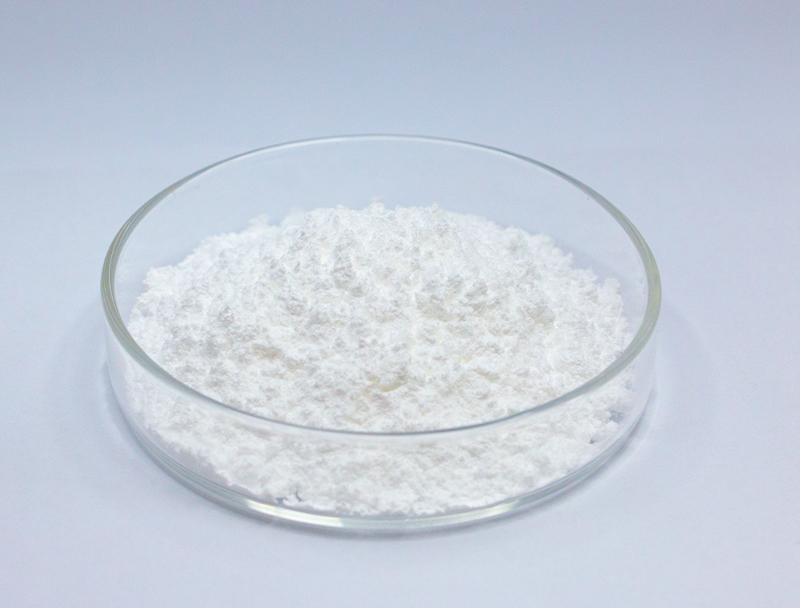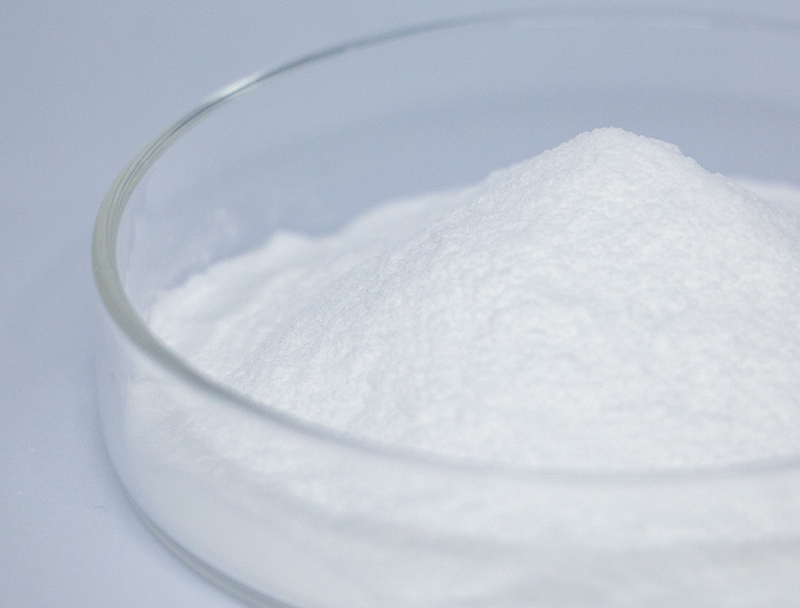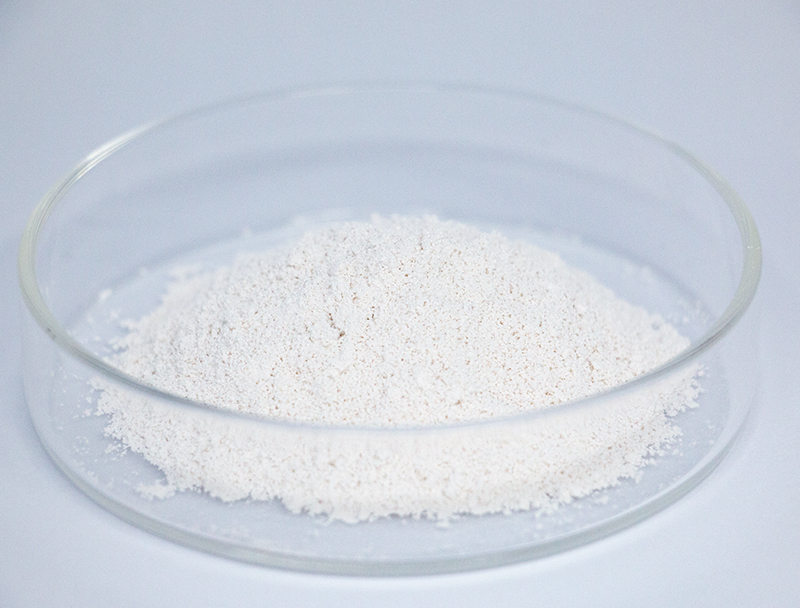gmp-compliant analytical-grade inputs formulation ready biotechnology

Large-scale bioproduction hinges upon a broad palette of biomass sources to produce innovative bio-based products.
Protecting continuous ethical sourcing of resources is paramount for the long-term viability and ethical growth of the industry.
various risks tied to conventional feedstock acquisition including carbon-intensive impacts and resource exhaustion. Therefore, biomanufacturing companies must actively seek out alternative sourcing strategies to minimize their ecological footprint.
- Representations of ethical supply approaches are:
- Adopting organic-origin materials from crop remnants
- Implementing closed-loop systems to minimize waste and maximize resource efficiency
- Working with community-based suppliers that follow ethical standards
Transitioning to green supply models secures ecological benefits and economic upside.
Optimizing Biomass Feedstocks for Enhanced Biofuel Production
Improving fuel production performance hinges on the attributes of biomass inputs. Scientists are constantly exploring novel strategies to optimize these feedstocks, producing improved fuel yields and a lower-carbon energy pathway. Tactics include molecular breeding to increase biomass and chemical or physical pretreatments to release sugars.
- Concurrently, efforts examine seaweed, industrial byproducts, and crop residues to increase the variety of renewable feedstock alternatives for fuel production.
- With persistent development the field will likely demonstrate notable gains that foster a more sustainable energy system.

Next-Generation Upstream Methods in Biopharmaceuticals
comprises front-end procedures like culture expansion and cell retrieval Contemporary breakthroughs have refined protocols and elevated product throughput.
Significant developments incorporate advanced biological platforms, tailored medium blends, and precision reactor engineering. These strategies improve manufacturing efficiency and lessen cost and ecological effects.
- Additionally, a shift to integrated continuous operations is providing enhanced flexibility and responsiveness in production.
- Embracing sophisticated manufacturing strategies is poised to change industry norms and shorten development cycles.

Innovations in Gene Editing for Improved Biopharmaceutical Yield
innovations in genome-editing toolsets have enhanced biopharmaceutical manufacturing. Using precise gene interventions, engineers raise the output of key therapeutic proteins. This approach holds immense potential for developing more efficient and affordable biopharmaceuticals to address a wide range of diseases.
Microbial Solutions for Greener Bioremediation Practices
promising microbial strategies enabling effective environmental cleanup and restoration. Microbial communities can biotransform hazardous materials into lower-risk substances. Using microbial biotechnology enables remediation strategies that balance effectiveness with ecological protection. Scientists are actively exploring a wide range of microbial species with diverse metabolic capabilities to target various pollutants, including heavy metals, pesticides, oil spills.. Organisms may be utilized in controlled reactors or in place to accelerate contaminant decomposition through biodegradation..
Microbe-based remediation provides compelling advantages over standard remediation methods. The approach tends to lower treatment costs and avoids producing toxic residuals. Furthermore, microbial solutions are highly specific, allowing for the remediation of particular pollutants without disrupting the broader ecosystem. Ongoing innovation aims to boost the throughput and efficacy of microbe-driven remediation approaches.
Bioinformatics Tools Transforming Drug R&D
Computational tools have grown indispensable in the current drug discovery landscape. From identifying potential drug candidates to optimizing their efficacy and safety, bioinformatics enables a more efficient and data-driven approach.
- Through mining large genomic, proteomic, and clinical repositories, informaticians reveal new targets and forecast drug behaviors.
- Moreover, bioinformatics contributes to drug design by simulating the interactions between drugs and their targets, ultimately leading to the development of more effective drugs.
- To conclude, computational approaches are revolutionizing discovery and reducing time-to-patient for effective drugs.
Optimizing Metabolism to Increase Bioproduct Production
uses diverse methods to increase biosynthesis of target bioproducts in organisms. Tactics can encompass genetic engineering to reconfigure metabolism, promoter modulation to adjust expression, and pathway insertion to enable new reactions.. By fine-tuning these processes, engineers can significantly increase the yield of desired bioproducts.
Such holistic engineering could impact many areas including medical therapeutics, agricultural outputs, and biofuel production.

Scaling Biopharma Production: Hurdles and Advantages
Large-scale manufacturing brings notable difficulties together with growth opportunities. Ensuring product consistency at larger manufacturing scales represents a major hurdle. Overcoming this requires advanced process control, continuous monitoring, and sensitive analytical platforms.

Process intricacy spanning various stages creates significant scale-up complexities.. Refining processes for commercial volumes demands deep R&D investment and novel engineering solutions.. Yet, the returns can be substantial. Achieved scale can widen availability of treatments, lower manufacturing costs, and boost financial returns.
Multiple programs focus on resolving scale-up difficulties. Plans feature next-gen optimization hardware, sophisticated real-time analytics, and forward-looking production strategies.
- Developmental projects contribute critically to scaling manufacturing competency.
- Regulatory bodies are modernizing pathways to accelerate approval of advanced production technologies and support innovation.
Regulatory Strategies for Biopharma Compliance and Patient Protection
Manufacturing biopharmaceuticals entails detailed regulatory processes to copyright safety and clinical performance. Biologic 5-Aminolevulinic acid therapeutics bring unique regulatory and manufacturing demands unlike traditional pharmaceuticals.
Organizations like the FDA and EMA provide essential guidance and set standards for authorizing novel biotherapeutics..
Stringent experimental and surveillance testing occurs across the entire development-to-market continuum. The protocols serve to uncover safety concerns and certify that products fulfill rigorous protection standards..
Concurrently, regulatory organizations fine-tune methods to remain compatible with quick scientific advancements. This includes embracing novel technologies and facilitating the development process while maintaining a commitment to patient well-being.

Plant-Derived Inputs for Next-Gen Bioplastics
The expanding market for green materials prompts increased R&D into bio-based solutions. Bioplastics derived from plant biomass provide a viable route to more sustainable plastic alternatives. Materials such as starch from corn, cellulose pulp, and sugarcane biomass are convertible into biodegradable polymers that lower plastic waste concerns.
Similarly, selected bioplastics offer analogous properties to traditional plastics suitable for many applications.. Ongoing R&D is essential to scale plant-based bioplastics and realize circular economic benefits.
Biotech Contributions to Global Health and Crop Productivity
Biotechnology offers potent solutions for advancing public health and enhancing food security. With genetic tools, engineered biological systems, and regenerative cell approaches, experts craft interventions to manage diseases, enhance agriculture, and fortify nutrition.. As an example, crop genetic improvements for pest and stress resistance help boost production and cut dependence on chemical pesticides.. Likewise, biotechnology enables new vaccines, novel therapeutics, and improved diagnostics essential to global disease mitigation and better health.. As research progresses, biotechnology holds immense promise for creating a healthier and more sustainable future for all.
